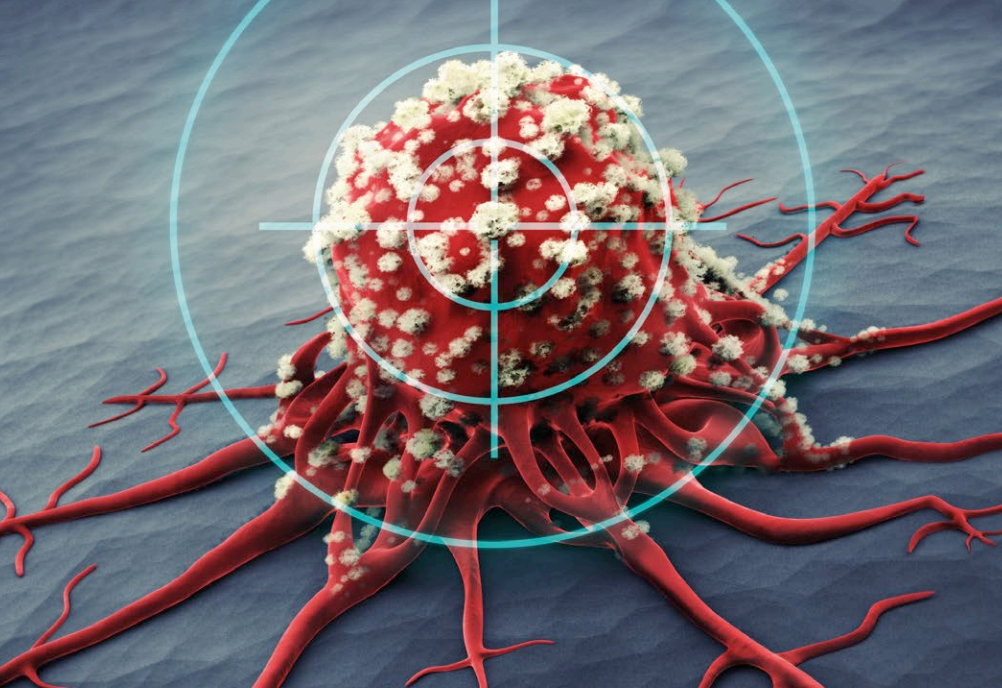Share this Page:
Translocation kidney cancer is a rare type of kidney cancer caused by a change (mutation) in a gene called the Xp11.2 gene. It is diagnosed in up to 4% of kidney cancer cases. It affects twice as many women than men. Recent studies have shown that advanced or metastatic translocation kidney cancer can be treated with immunotherapy or a combination of immunotherapy plus a targeted therapy (tyrosine kinase inhibitor, TKI). However, there is an unmet need for a new, more effective treatment for this rare type of kidney cancer.
Over the last 2 decades, there have been significant advances in the treatment of clear cell kidney cancer, but the development of treatments for non-clear cell kidney cancer has been lagging behind. This is because there are not enough patients for large-scale clinical trials. However, tyrosine kinase inhibitors, such as sunitinib and cabozantinib have been tested in patients with translocation kidney cancer with some success.
Cabozantinib was tested in 52 patients with translocation kidney cancer. The time to when the treatment stopped working and the cancer started growing again was an average of nearly 7 months and overall survival time was a year and a half.
When cabozantinib was given with nivolumab, half of the patients responded to treatment and their cancer got smaller. In another study with pembrolizumab plus lenvatinib, two thirds of the patients with translocation kidney cancer responded to treatment.
Other studies have shown that a combination of immunotherapy plus TKI has the best response rates (around half of the patients with translocation kidney cancer respond to treatment), and longest survival times (around 6 months for the time to when the treatment stops working and the cancer starts growing again and an average overall survival time of between 15 and 30 months).
A combination of immunotherapy plus TKI is currently the most effective treatment for translocation kidney cancer.













